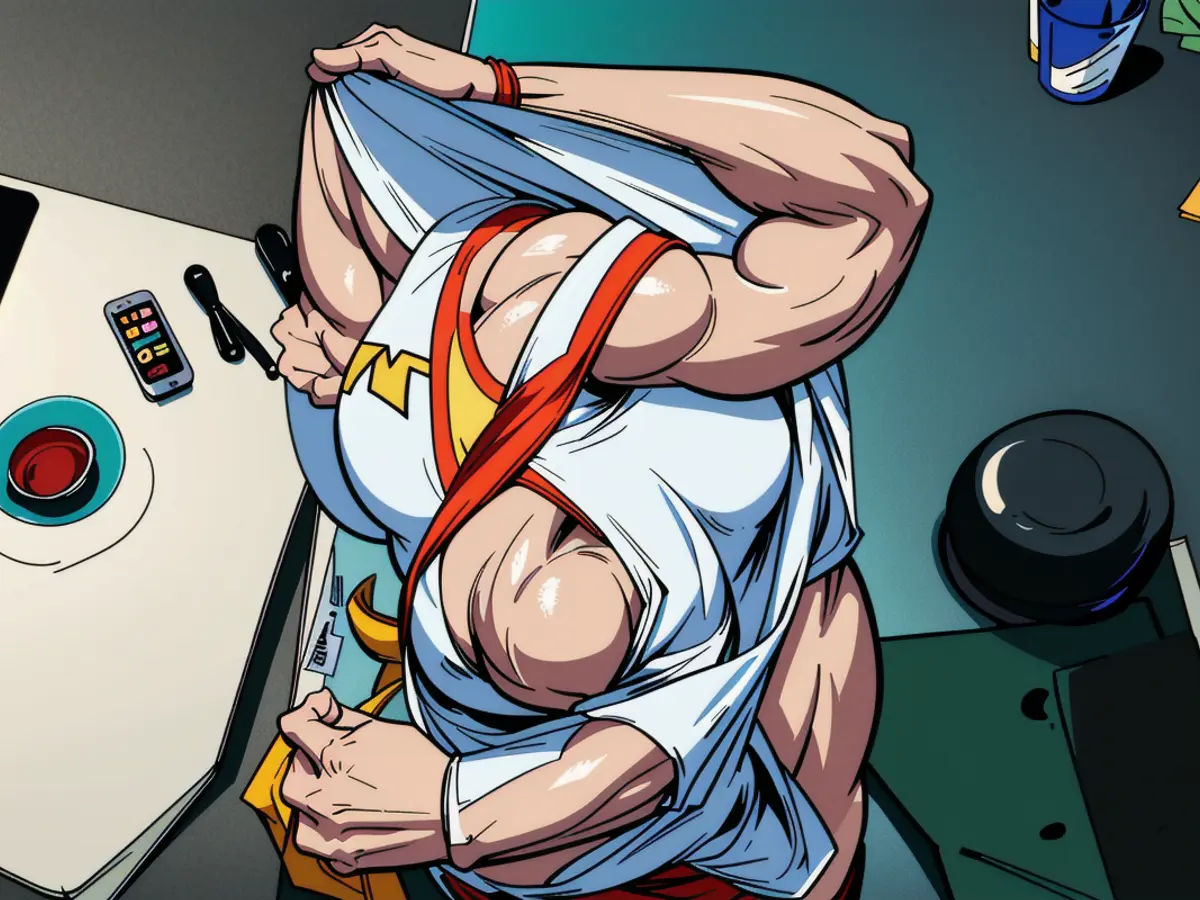Title: Charming Yakuza Leader Fesses Up to Nuclear Material Sales Attempt
Last year, Japanese Yakuza boss Takeshi Ebisawa captured the public's attention with a rocket launcher photo. However, this year, he's headed to federal prison after admitting to attempting to sell weapons-grade plutonium, drugs, and weapons to undercover agents. The Justice Department identified Ebisawa as part of a vast criminal network spanning Japan, Thailand, Bruma, Sri Lanka, and the U.S. This network facilitated drug and weapon trafficking across South East Asia.
The feds had Ebisawa in their sights, orchestrating a sting operation to apprehend him. He intended to acquire residual surface-to-air missiles from America's Afghanistan war for sale to armed groups in Burma. The deal was set to involve amphetamine and heroin shipments destined for the U.S. black market. Ebisawa also intended to sell an extra 500 kilograms of meth and heroin separately.
There's more to the tale; Ebisawa attempted to sell what he claimed was thorium and uranium to an undercover agent posing as an Iranian general. He provided photos of a rocky substance next to a Geiger counter, along with supposed lab reports to the fake general. The Yakuza leader boasted of supplying "plutonium" far superior and more potent than uranium for this purpose, according to the Justice Department's press release about the guilty verdict.
Ebisawa said he had 2,000 kilograms of Thorium-232 and more than 100 kilograms of uranium in its yellowcake form. He claimed he could secure another five metric tons of nuclear material from his Burmese contacts. The feds verified Ebisawa's claims and found that he indeed possessed weapons-grade nuclear material.
Ebisawa pleaded guilty to all six charges: conspiracy to traffic nuclear materials, actually trafficking the materials, money laundering, and three drug and firearms-related charges. The judge will ultimately decide the sentence, but nuclear material trafficking charges alone carry the threat of a life sentence.
DEA administrator Anne Milgram commented on the case. "Our investigation into Takeshi Ebisawa and his associates exposed the alarming depths of international organized crime—from trafficking nuclear materials to fueling the illegal drug trade and arming violent insurgents." The DEA remains resolved to pursue anybody endangering national security, irrespective of their location, stated Milgram.
Cases of illegal nuclear material trafficking are rare. Only a few nations globally possess nuclear weapons, and the nuclear industry is heavily regulated. Since 1993, the International Atomic Energy Agency has documented 4,243 incidents involving nuclear material. In 2023, it reported 168 incidents in 31 countries, in line with historical averages.
Despite this, the nuclear power industry is expanding. Russia, China, and the U.S. are embroiled in a new nuclear arms race. The increased demand for nuclear weapons and power means more points of failure, more intricate supply chains, and extra opportunities for nuclear material to be lost or stolen. As the industry develops, so do the risks associated with nuclear materials.
In light of the expanding nuclear power industry, the future of tech and technology might involve advanced security measures to prevent nuclear material trafficking. This is a concern highlighted by the DEA administrator Anne Milgram, who noted the danger of international organized crime in this area.
In the years to come, the development of advanced tech and technology could play a significant role in detecting and preventing nuclear material trafficking, thus enhancing national and global security.







